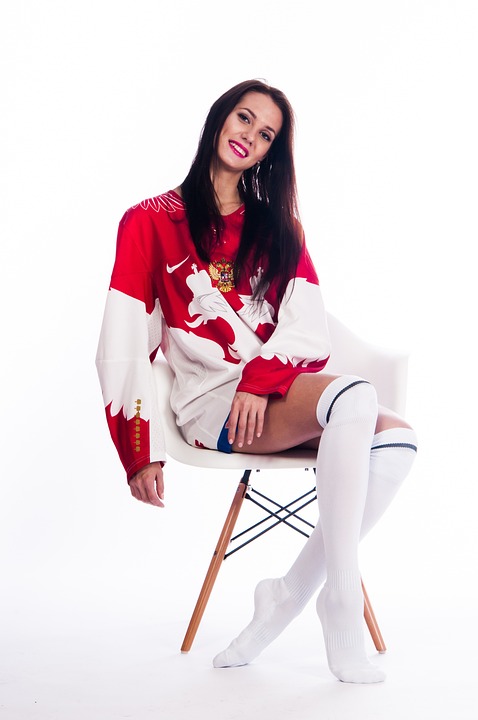The game of hockey is not just about strength, speed, and skill; it takes a razor-sharp mind to be an elite player. Anyone who has watched or played hockey knows that the game is fast and intense, with players constantly making split-second decisions while under pressure. However, what you may not know is that these players rely heavily on their mental game to stay focused and make the right choices.
In this article, we will dive into the psychology of elite hockey players, examining how they use their mental game to succeed both on and off the ice. We will look at the mental skills that these players need to have, and how they develop and maintain them. We will also discuss the importance of mental toughness and resilience, and how elite hockey players use these traits to keep their cool in high-pressure situations.
Firstly, let us examine the mental skills that hockey players need to possess to be at the top of their game. One of the most crucial skills is focus. Hockey games are fast-paced, with players having to make quick decisions and react to constantly changing situations. To succeed in such an environment, players must be able to maintain focus and keep their attention on the task at hand. They must also be able to block out distractions, such as the noise from the crowd or the actions of the opposition. To develop this skill, players use techniques such as visualization, mindfulness, and meditation.
Another critical mental skill for elite hockey players is decision making. In hockey, split-second decisions can mean the difference between winning and losing. Players must be able to process information quickly, weigh their options, and choose the best course of action. To develop this skill, players use drills and exercises that simulate game situations, forcing them to make quick decisions under pressure.
Performing under pressure is also a crucial mental skill for hockey players. Games are often won or lost in high-pressure situations, such as penalty shots or overtime. Elite players must be able to stay calm, focused, and execute their skills with precision, even when the stakes are high. They practice this skill by putting themselves in pressure situations in practice and visualization techniques.
Along with developing these mental skills, elite hockey players must also possess mental toughness. Mental toughness refers to the ability to remain focused and perform under pressure, even when facing adversity and challenges. In hockey, mental toughness can come in handy when facing difficult opponents, injuries, or setbacks such as losing a game. It is what separates the good players from the great ones, as players who are mentally tough are less likely to crumble under pressure.
One way in which elite hockey players develop mental toughness is by pushing themselves beyond their limits in practice and training. They may also use visualization techniques to imagine themselves overcoming difficult situations, building their confidence and resilience. Hockey players may also seek help from sports psychologists or other professionals, who can help them develop strategies for staying mentally strong.
In summary, the mental game is a crucial component of success for elite hockey players. To perform at their best, they must possess mental skills such as focus, decision making, and performing under pressure. They must also possess mental toughness and resilience, which are developed through pushing themselves beyond their limits and seeking help from professionals.
In conclusion, hockey is not just a physical game; it is a mental game as well. Mental skills and toughness are just as important as physical skills when it comes to being an elite hockey player. The psychology of hockey is fascinating, and is an area where athletes can always strive to improve. By focusing on their mental game, elite hockey players can unlock new levels of success and achieve greatness in the sport.

